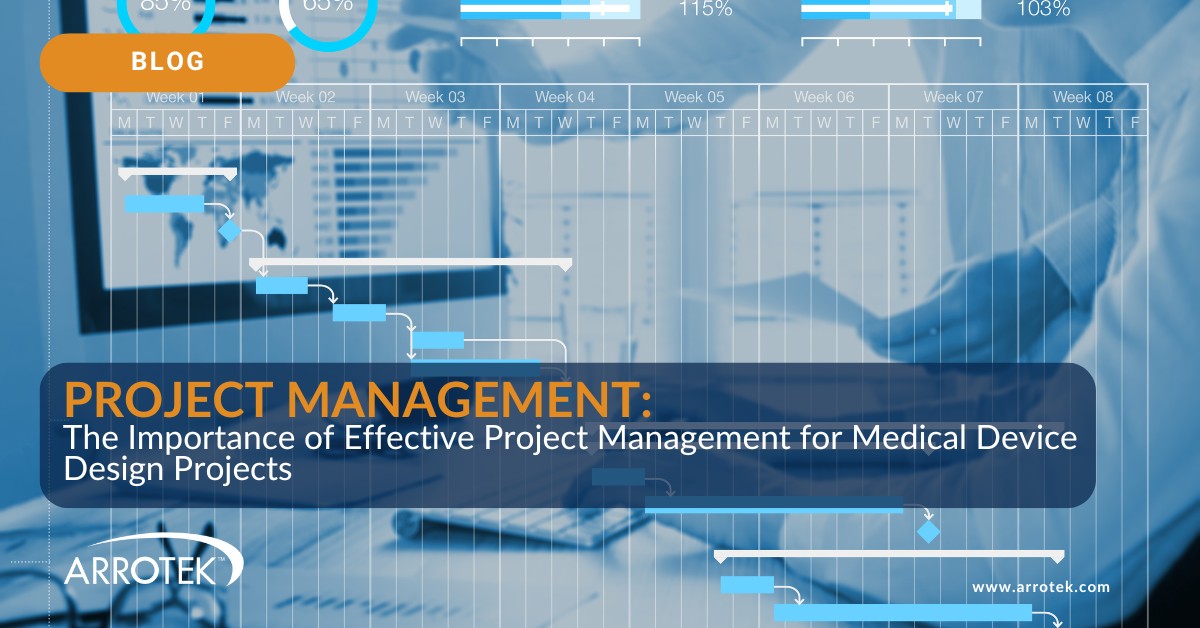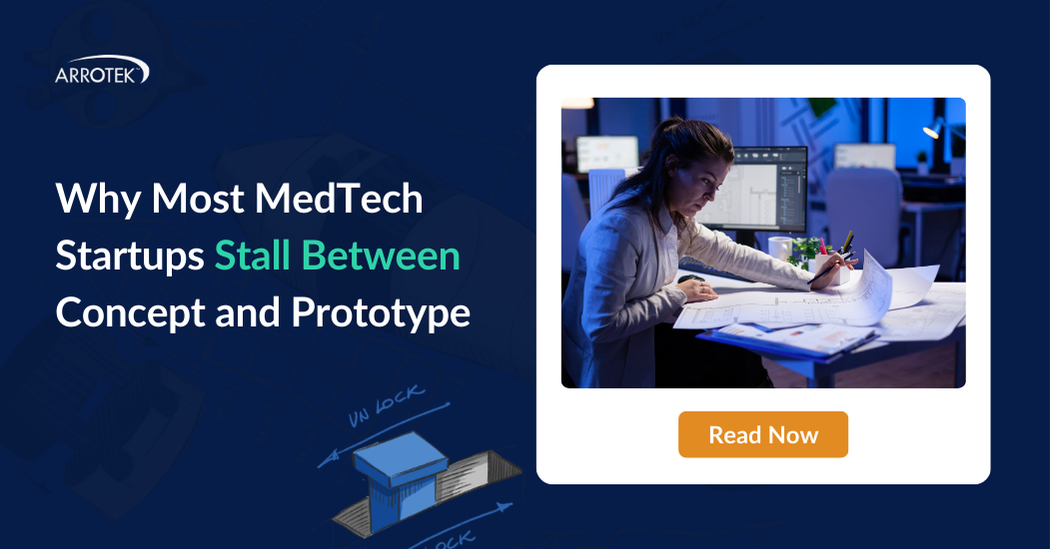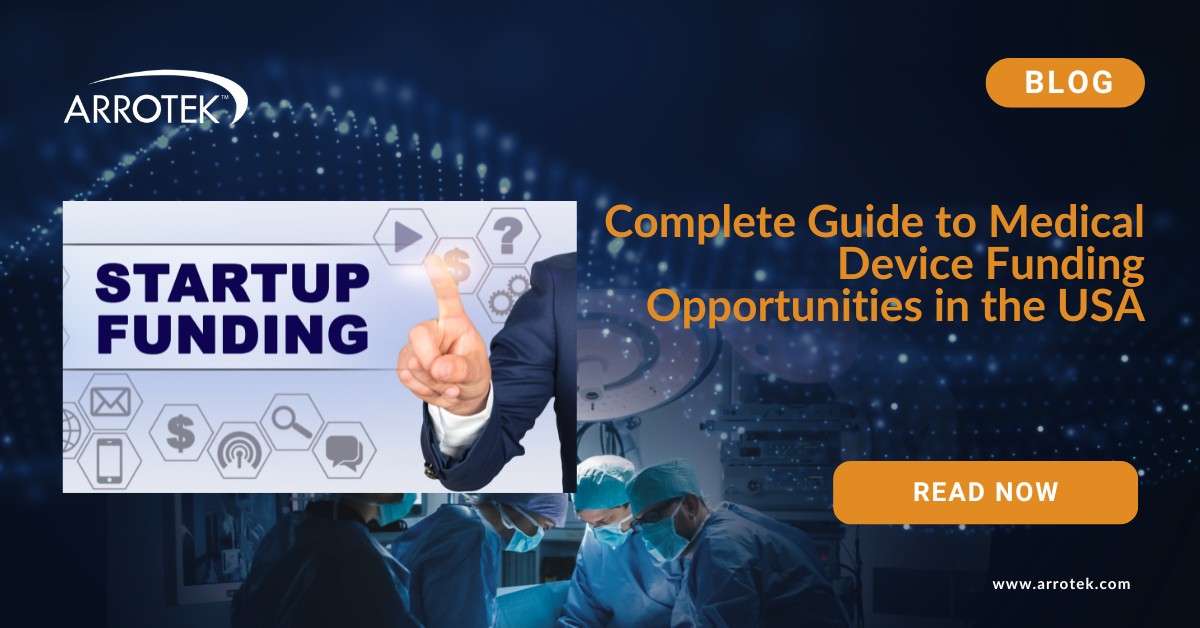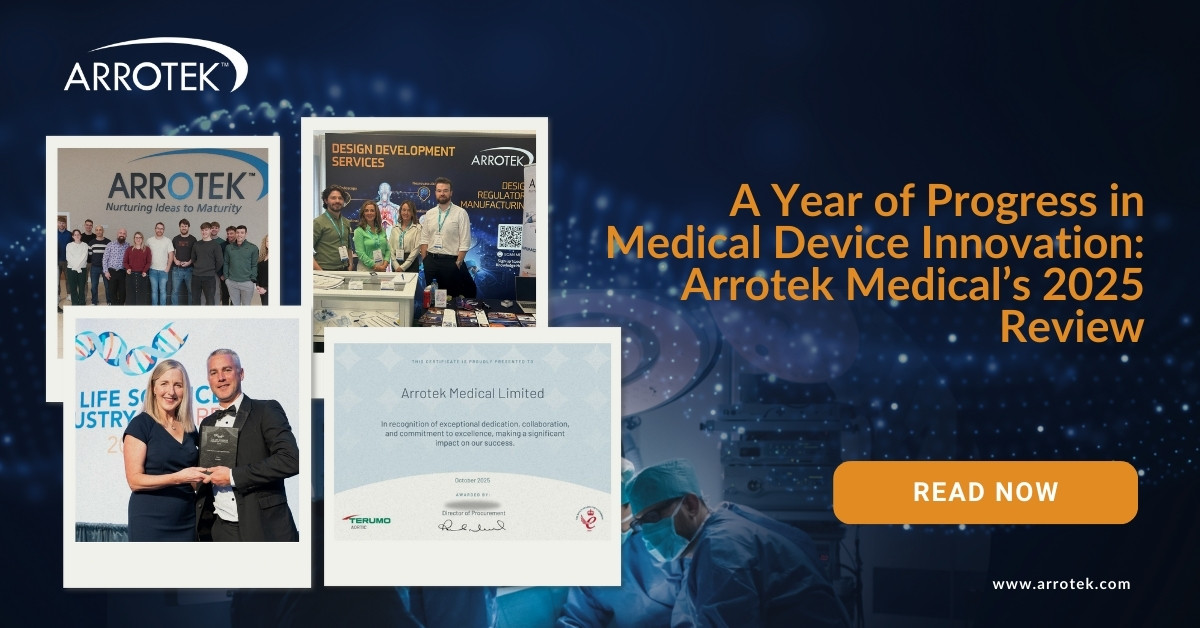Medical device design projects require a broad range of expertise as well as established processes and procedures. The project management function and the project manager are central to ensuring medical device design projects run smoothly.
Of course, effective project management plays a crucial role in the product design process in other industries too. However, because of regulatory considerations, safety issues, and the complexity of many modern medical device products, project management is even more important in the medical device industry.
The Path to Successful Medical Device Product Launches
The overall objective of a medical device design project is to bring the product to a point where it is ready to commercialise. There are multiple elements to this, including ensuring timelines are adhered to.
It’s also important to ensure the quality of the newly designed product is as good as possible, while using various methods to ensure the design process is efficient. Drawing on past experience is one way of achieving the latter, as is researching the market to learn about existing solutions and best practices.
Compliance is another area of the design project where good project management plays an important role, not least in ensuring the right documentation is created and collated. For example, the requirement to establish a regulatory compliant quality system that includes risk management and design control documentation.
Controlling costs in the design and development phase is also an essential requirement of the project management process. Take design changes as an example.
Theoretically, design changes could occur at any point. In reality, however, the further into the process you go, the more expensive design changes become. Plus, the increase in cost is not linear; it is exponential. Therefore, effective project management processes should facilitate design changes while ensuring they occur as early in the process as possible.
The scope of many medical device design projects also necessitates expert project management. Stakeholders can be in multiple jurisdictions, and those involved can have varied roles and priorities, from corporate directors to clinical subject matter experts to design engineers. The project management process needs to pull all these stakeholders together with a focus on reaching the end goal.
What Is Required for Effective Project Management?
Collaboration
Collaboration is essential to success, as is clear and transparent communication. With effective collaboration, everyone involved in the project will be up to date at each stage, and everyone will be able to contribute at the most appropriate time. Good collaboration also ensures ideas can be properly expressed, and it helps to prevent issues from arising.
Timelines, Milestones, and Objectives
Another important element in the medical device design process is the setting of achievable timelines with agreed milestones. Agreeing on the objectives of the project is also important.
Well-Understood Process
A well-defined process ensures everyone involved in the project knows what to expect. At Arrotek, we have a Six-Step Design Process that clearly outlines the various steps we take in a typical medical device design project.
Clear Communication and Knowledge Sharing
Clear communication at every stage of a medical device design project is crucial to success. At Arrotek, we communicate with customers using various methods and tools, including phone calls, conference calls, screen sharing, etc.
We also schedule recurring weekly meetings with our customers. These meetings allow for transparent communication about tasks completed, upcoming tasks, and anything else that is relevant at that stage of the process.
Sufficient Resources
All product design projects need to have the right resources to ensure they run smoothly and deliver the best results. At Arrotek, we assign a dedicated project manager for every project. We also typically assign two design engineers to every project, although decisions on this are project specific. Quality engineers are also assigned to projects as required.
Tried and Tested Processes and Procedures
Finally, experience is very important for successful project management when developing new medical devices. At Arrotek, for example, we have guided several Class I to Class III medical devices through the development process to commercialisation.
With every completed project, you increase knowledge and expertise individually and as an organisation. That knowledge and expertise then helps every subsequent project, making processes more efficient and minimising risks.





